On average, Global Brigades see about 300 patients during each medical clinic. The passionate students involved with WVU’s Global Medical Brigades chapters over the years have seen over 10,500 patients during clinics.
The West Virginia University chapter of Global Medical Brigades has raised over $1.5 million, donations that were put to impactful use by providing 16 under-resourced communities in Central America and Africa with access to healthcare.
WVU has sent 33 brigades filled with students seeking a life-changing experience to improve access to medical services across the globe. These brigades provide, among other things, mobile medical clinics in rural communities.
The on-campus Medical Brigades leaders are students Sandrik Tabidze and Sophia Flowers. They are great examples of two students who take what they are learning in class and pair it with their passion to help others and change the world around them.
Sandrik and Sophia shared their powerful stories with us about how this isn’t just another extracurricular program.
Keep reading to discover the impact Brigades have had on these WVU pre-med students and learn how others can get involved with Global Medical Brigades.
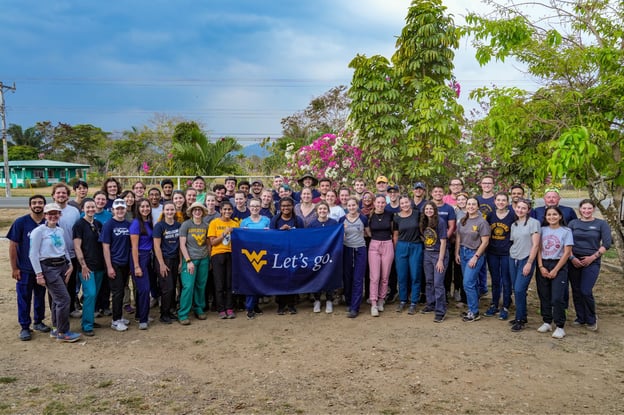
Healthcare & Dignity
Chapter co-leader Sandrik Tabidze’s older brother took part in GMB at WVU. When he recounted his incredible experience brigading in Nicaragua, Sandrik knew she had to get involved when she attended. When she first arrived on campus, Sandrik quickly understood that this was not like any other study abroad or volunteer program.
Related: Voluntourism: The Good, the Bad, and How to Do Better
Under the guidance of faculty advisor Daniel Brewster, the GMB organization at WVU accomplished something unique: helping students understand the sociology behind healthcare in the regions they would travel to.
To combine dignity with healthcare services, GMB ensures each brigader learns how to understand the culture of the partner community they’ll collaboratively partner with. The goal is to both prepare students for their Brigade and expose and avoid the tendency toward white saviorism.
“I have learned that you will never be fully prepared,” Sandrik explains. “There will always be some form of culture shock or things that don’t go as expected.” The team learns the language together, as well as the culture, as much as possible during Chapter meetings, so they can better connect with the local population during their Brigade.
“In the United States, very few physicians understand the sociology behind healthcare,” Sandrik says. “Don’t get me wrong, [Global Medical Brigades] is great for your resume. However, this organization has so much more to offer than just a line on a resume. It is an opportunity to learn how healthcare is practiced around the world.”
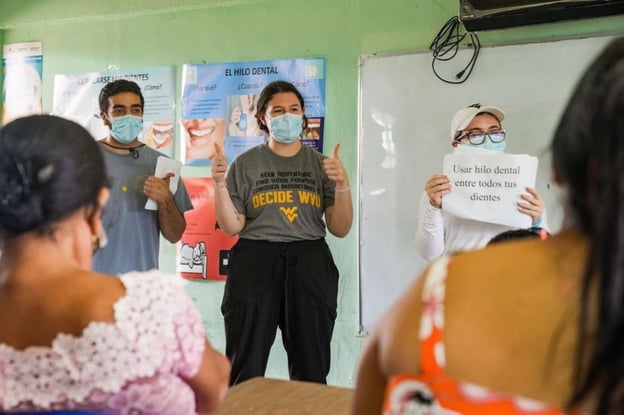
The Power of Perspective
“Participating in a brigade will expand your worldview and mindset regarding health and medicine,” says Sophia Flower, co-leader of WVU’s Global Medical and Dental Brigades chapter. “The things I saw and the people I met while in Panama will remain with me for the rest of my life, and this experience has forever changed my perspective on medicine.”
After learning Spanish, fundraising, and perfecting their triage in the fall, Sophia and the WVU chapter of GMB went to Panama in March 2023. Among other things, Sophia learned the power of different perspectives. In some ways, rural Panama felt like rural West Virginia.
Read Next: Performative Activism: Evaluating Motives for Volunteerism
In other ways, she saw the realities of healthcare in a foreign country and how different these circumstances often were compared to her own normal in the States.
One frustrated elderly woman came to Sophia with a prescription she was unable to fill. The nearest pharmacy where this medicine was available was 5 hours away, and she couldn’t afford to travel so far and afford the medication.
This is just one example of the systemic and geographic disparities in global healthcare that Sophia discovered.
“Experiencing different people, places, and things is crucial to being a contributing member of society as a whole. Especially in medicine, it is impossible to be a well-rounded, equitable physician without exposure to and understanding of the discrepancies in healthcare and public health in the world.”
Want to learn more about joining or starting a chapter at your university?
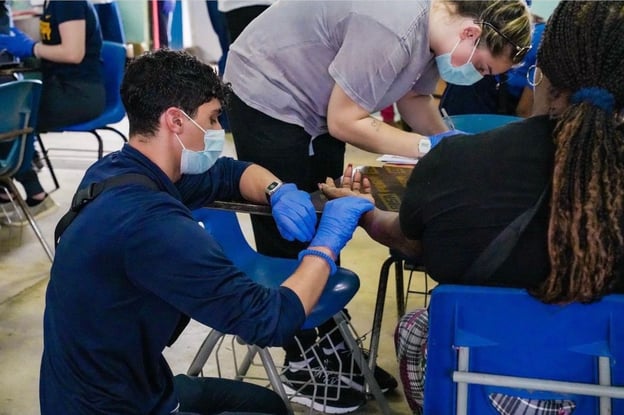

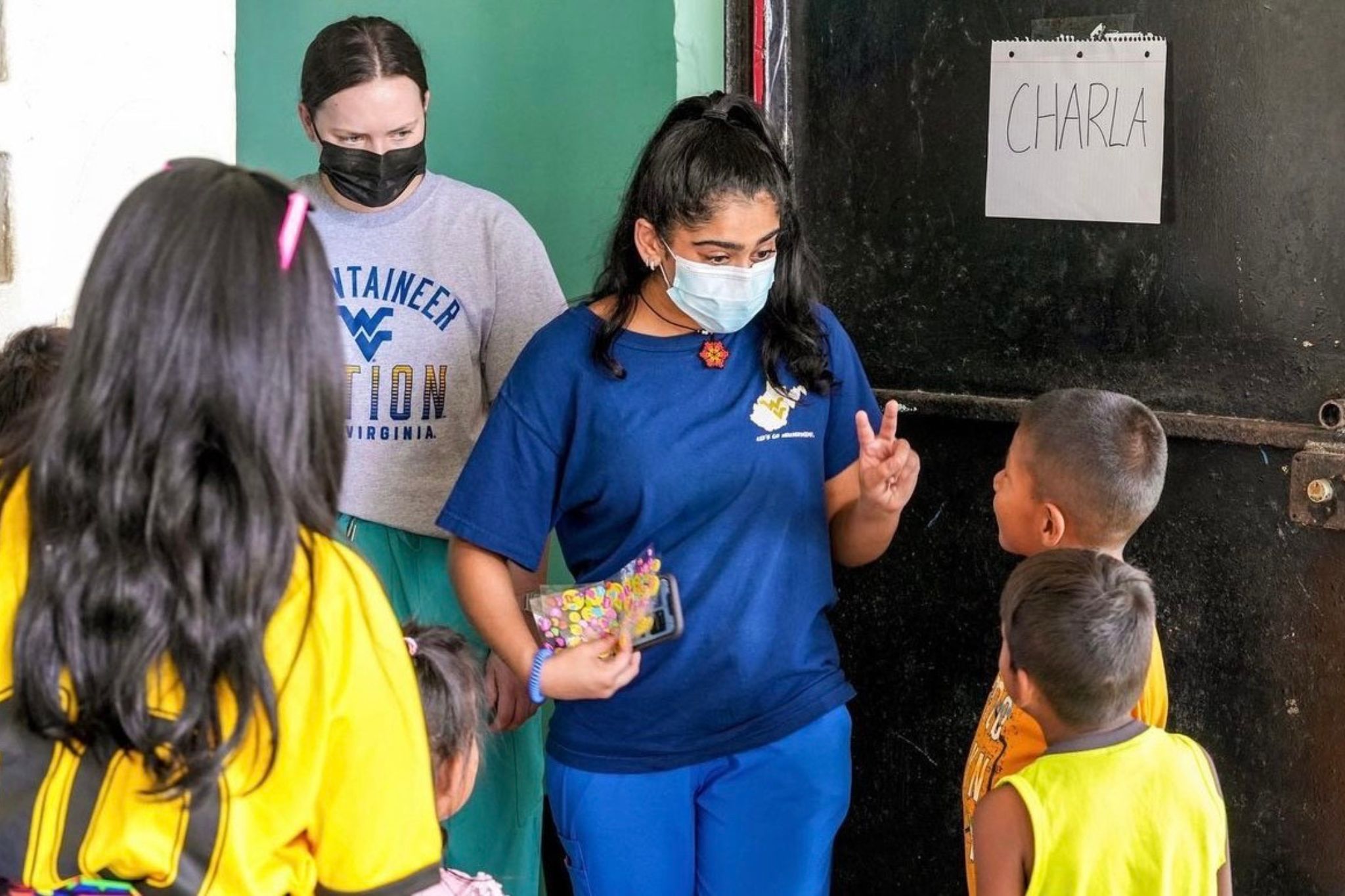

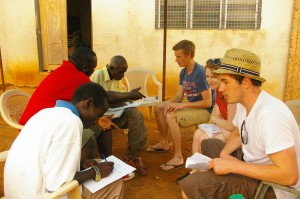
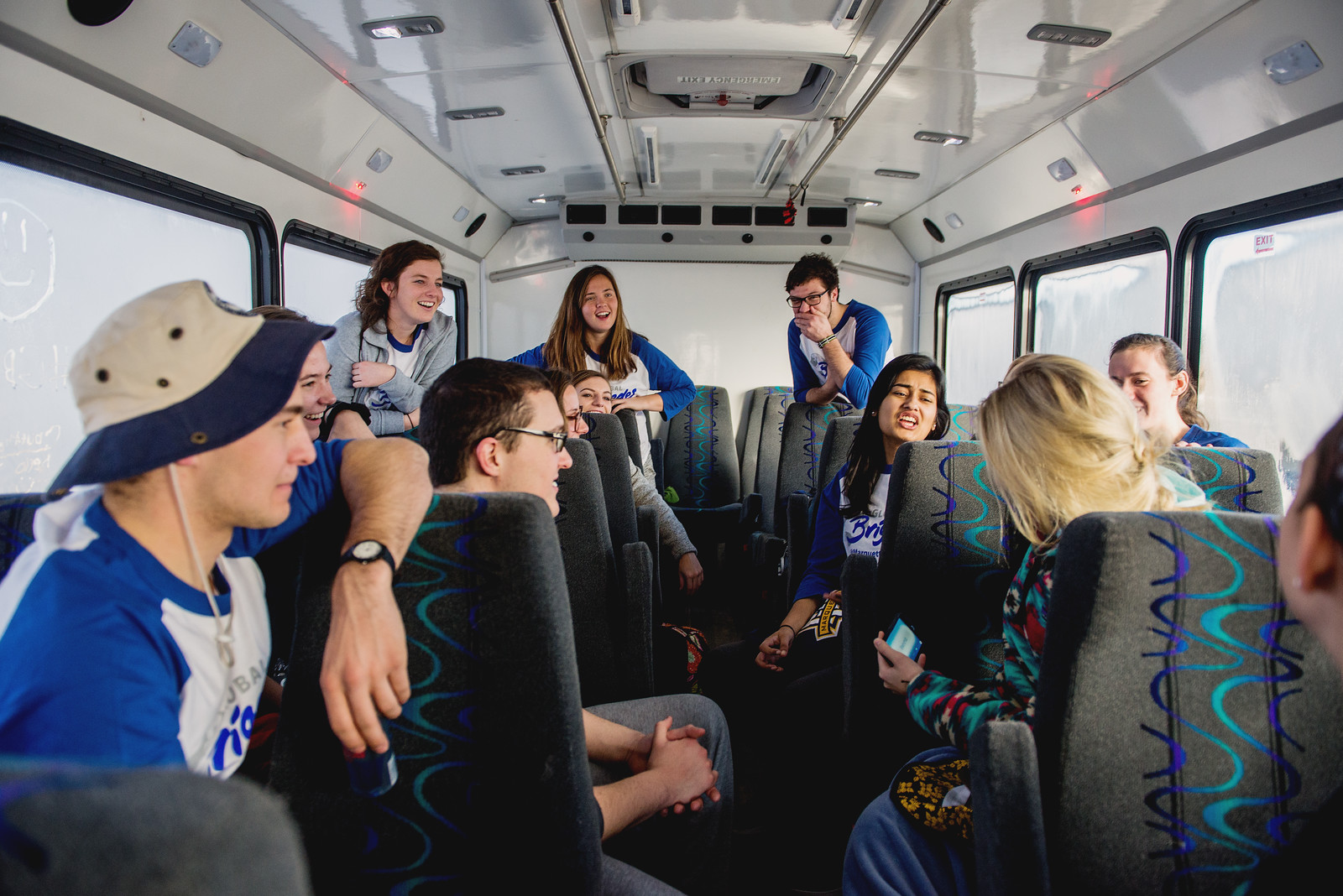
.png)